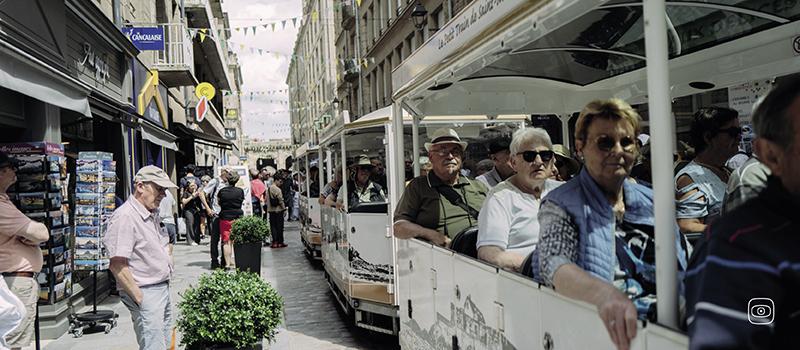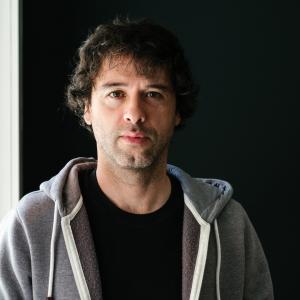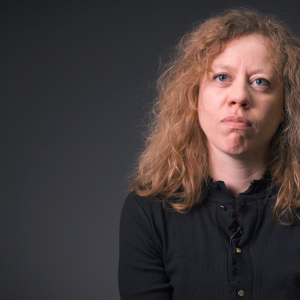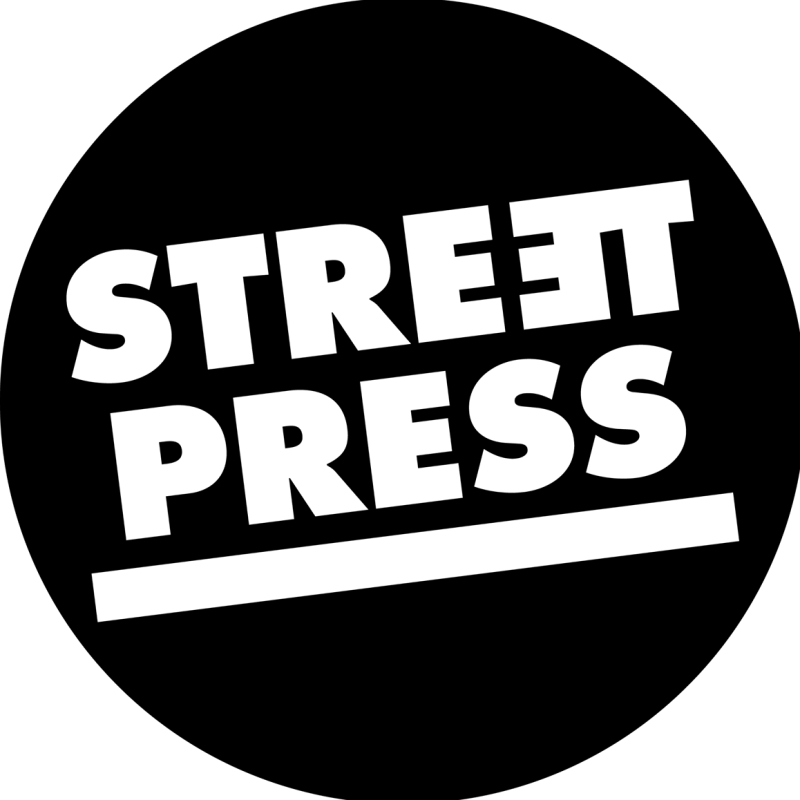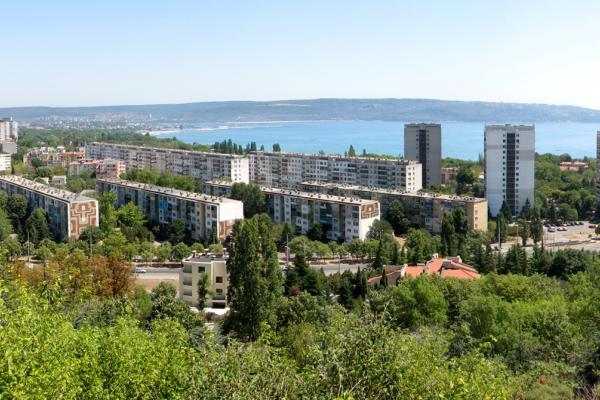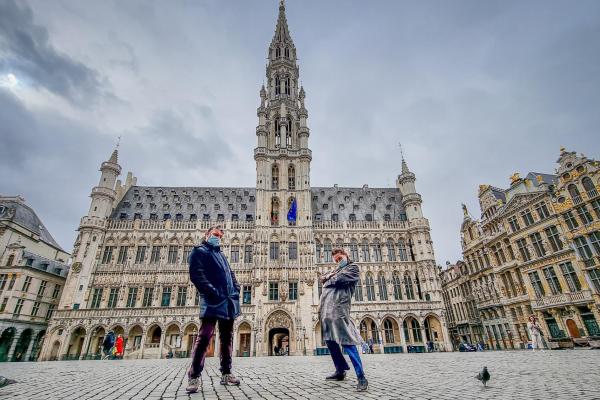There are social, economic and political consequences from the tourism-driven transformation of their historic centres, affecting housing and the disappearance of residents, as well as mobility, public space, local commerce and urban identity. By looking beyond the usual case studies of Barcelona or Venice, the project offers a comparative view of two “second-tier” destinations where tensions between tourism and local life are rapidly intensifying.
Methodologically, both outlets combined long-form field reporting with qualitative and documentary research. In each location we carried out multiple in-depth interviews with a wide range of actors: long-term residents, seasonal workers, business owners, local activists, tourism and housing experts, and municipal decision-makers. We complemented these testimonies with the analysis of official statistics (e.g. real-estate price evolution, tourism flows, number of short-term rentals) and local planning or regulatory documents, and by attending public meetings and citizen mobilisations where tourism and housing are debated. In Sintra, Gerador conducted on-the-ground reporting over several months across the historic centre and surrounding parishes; in Saint-Malo, StreetPress combined street-level reporting with expert interviews and court and municipal documentation.
The publications bring several original findings. In Saint-Malo, StreetPress documents how the rapid growth of second homes and short-term rentals has fuelled a sharp increase in property prices and contributed to the departure of residents from the intra-muros area, creating a strong “sense of dispossession” among locals. The article shows how one resident’s seven-year legal battle against a short-term rental in her building resulted in a landmark court decision restricting Airbnb-type lettings and potentially setting a jurisprudential precedent for other French cities. It also links the “Mont-Saint-Michélisation” of the old town to a wider “struggle for space” that echoes class conflict, as public services and everyday commerce are gradually replaced by tourist-oriented functions.
In Sintra, Gerador reveals how the historic centre has effectively lost almost all permanent residents (local authorities estimate fewer than 100 people still live there) while tourist numbers increased by 61% in a single year (2022–2023). The piece shows that the main visible conflicts around tourism are led by an association of influential property owners (QSintra), while many residents in adjacent neighbourhoods remain broadly favourable to tourism but deeply concerned about mobility, emergency access, and the erosion of heritage and everyday life. It highlights the limits of current public policies, which rely on partial measures such as capacity limits to palaces or new park-and-ride schemes that remain underused, and points to the absence of an integrated strategy linking housing, mobility and heritage protection.
Taken together, the two investigations offer an original cross-border comparison: in Saint-Malo, overtourism expresses itself primarily through a housing and class conflict around second homes and short-term rentals; in Sintra, it manifests as an excursion-based “theme park” dynamic that empties the centre of residents and everyday services while overloading roads and heritage sites. By putting local voices, legal and policy responses, and the question of urban identity at the centre of the narrative in both towns, the project contributes new, ground-level evidence on how overtourism is transforming European heritage sites in ways that go far beyond visitor numbers.
Image by Louise Quignon
